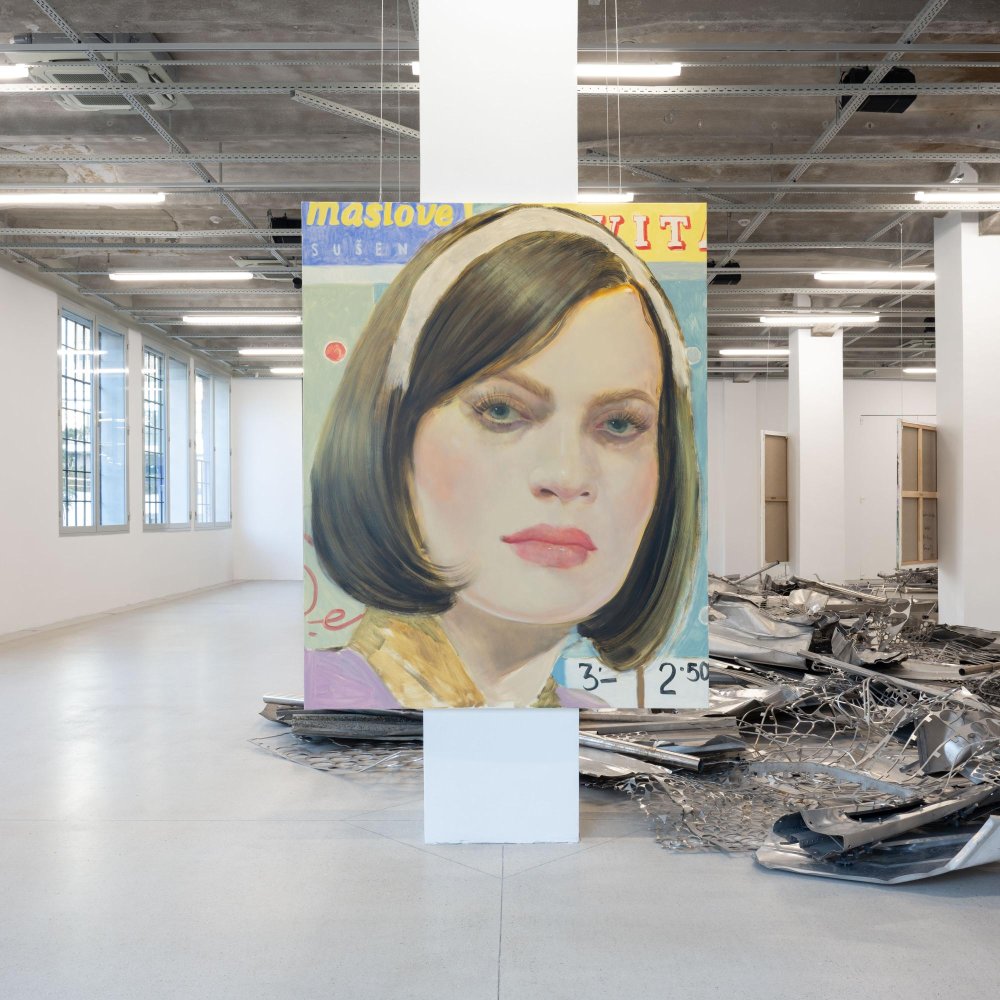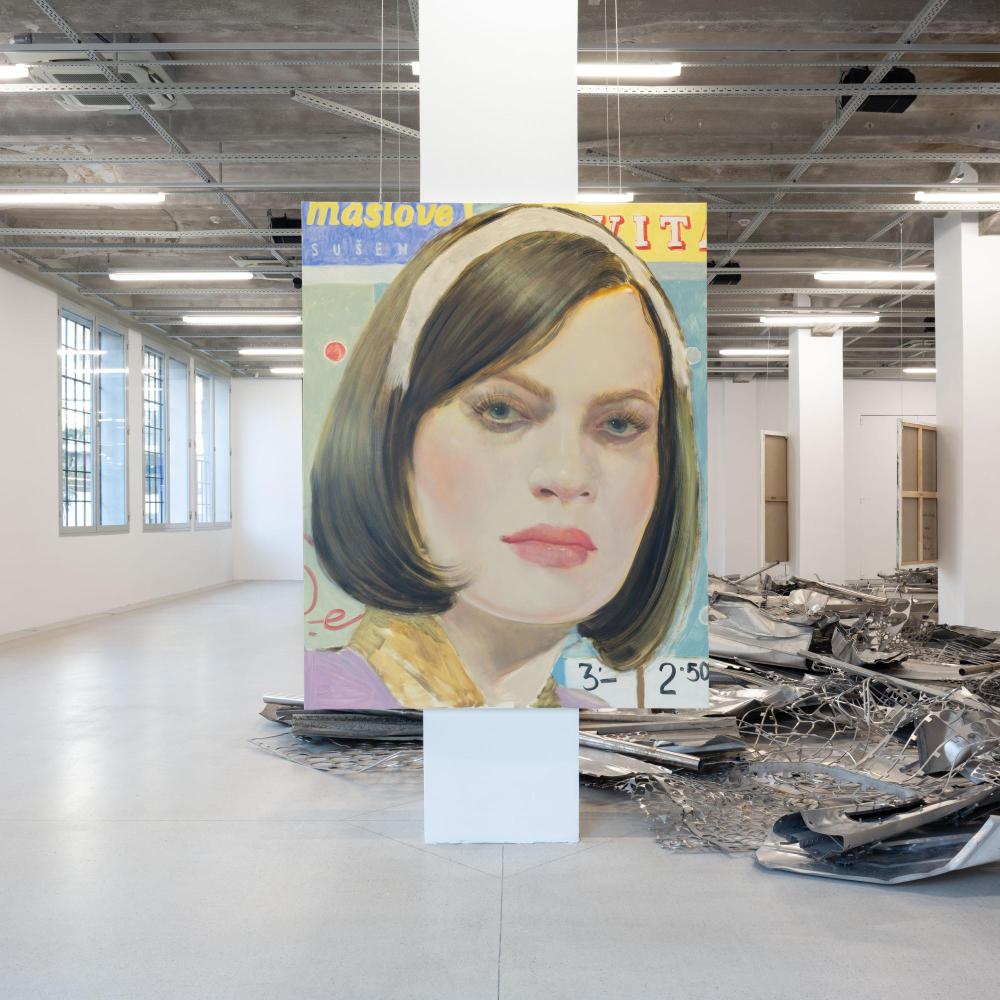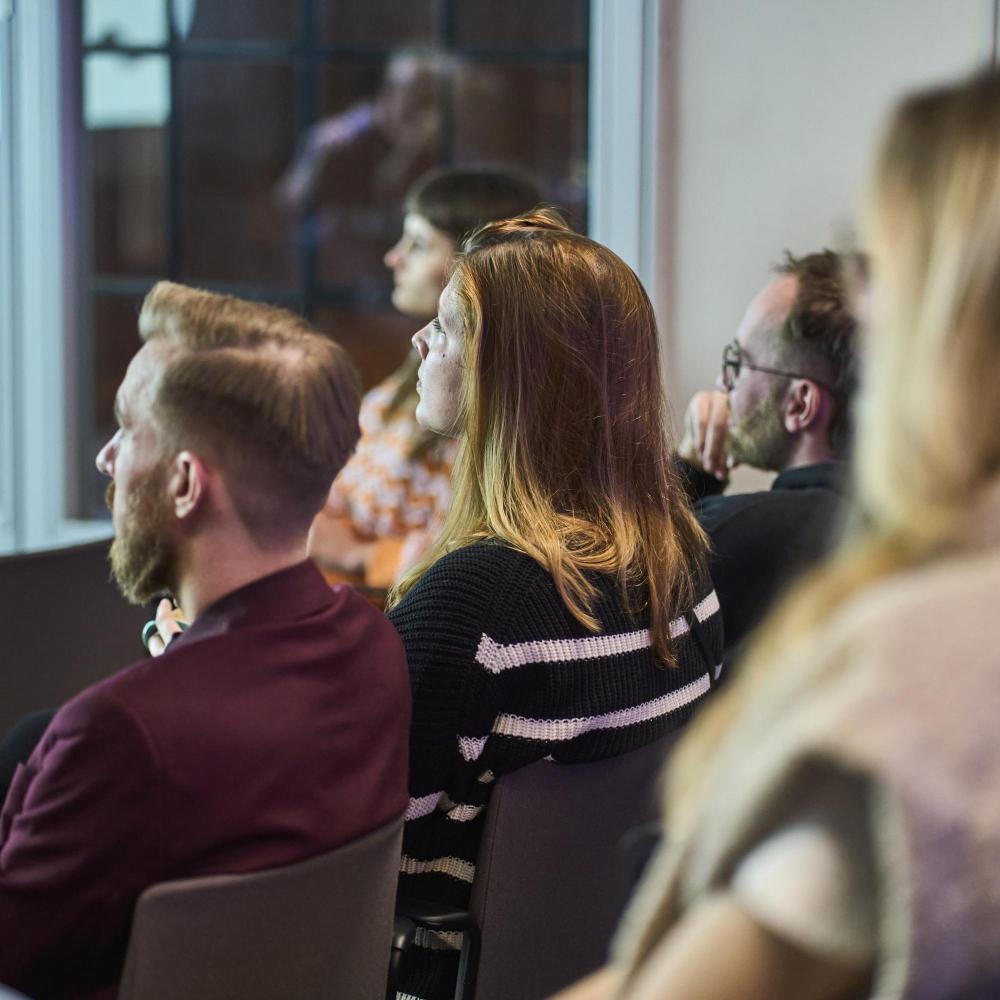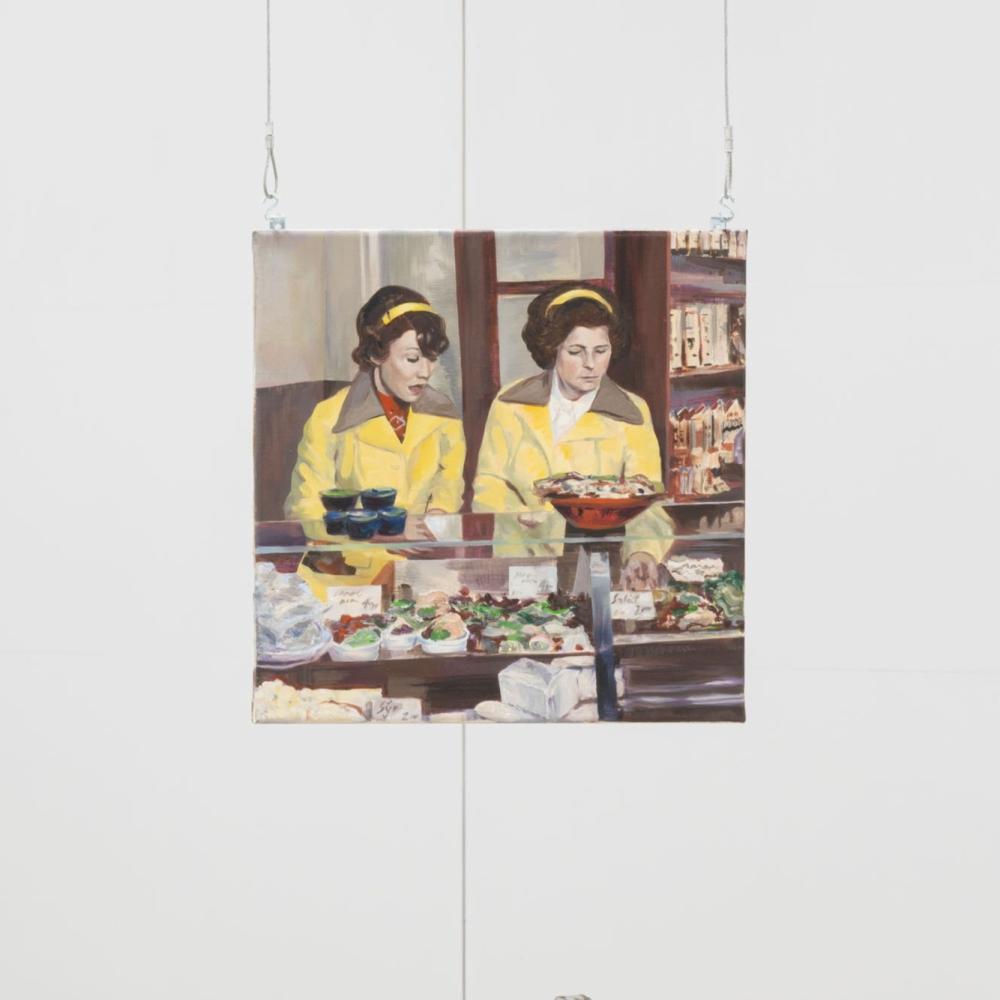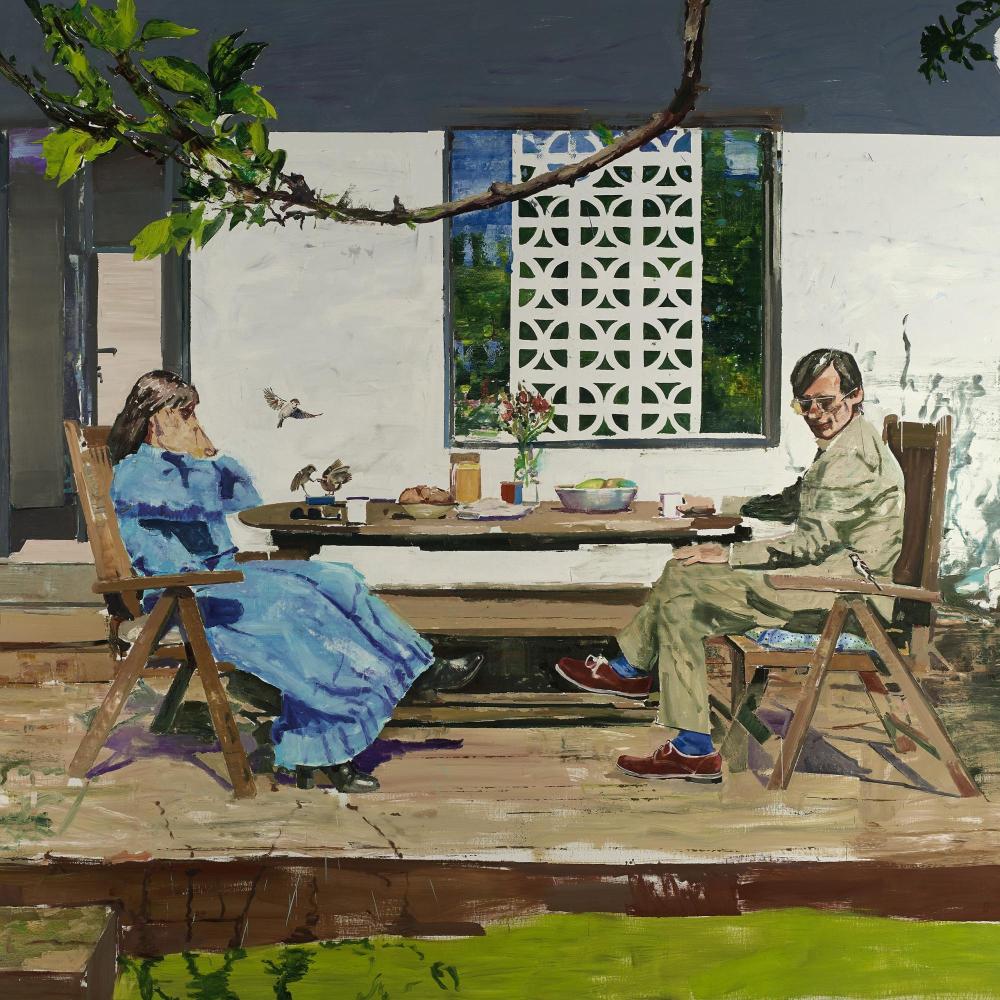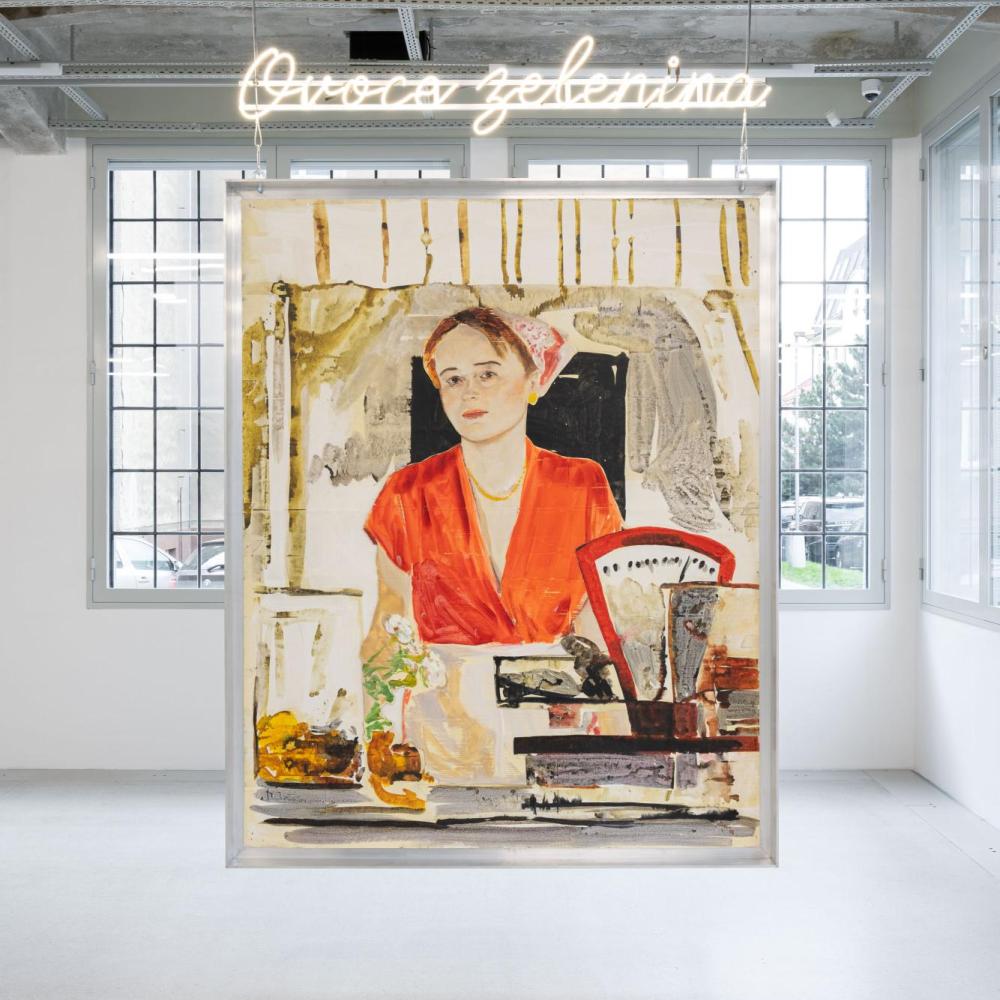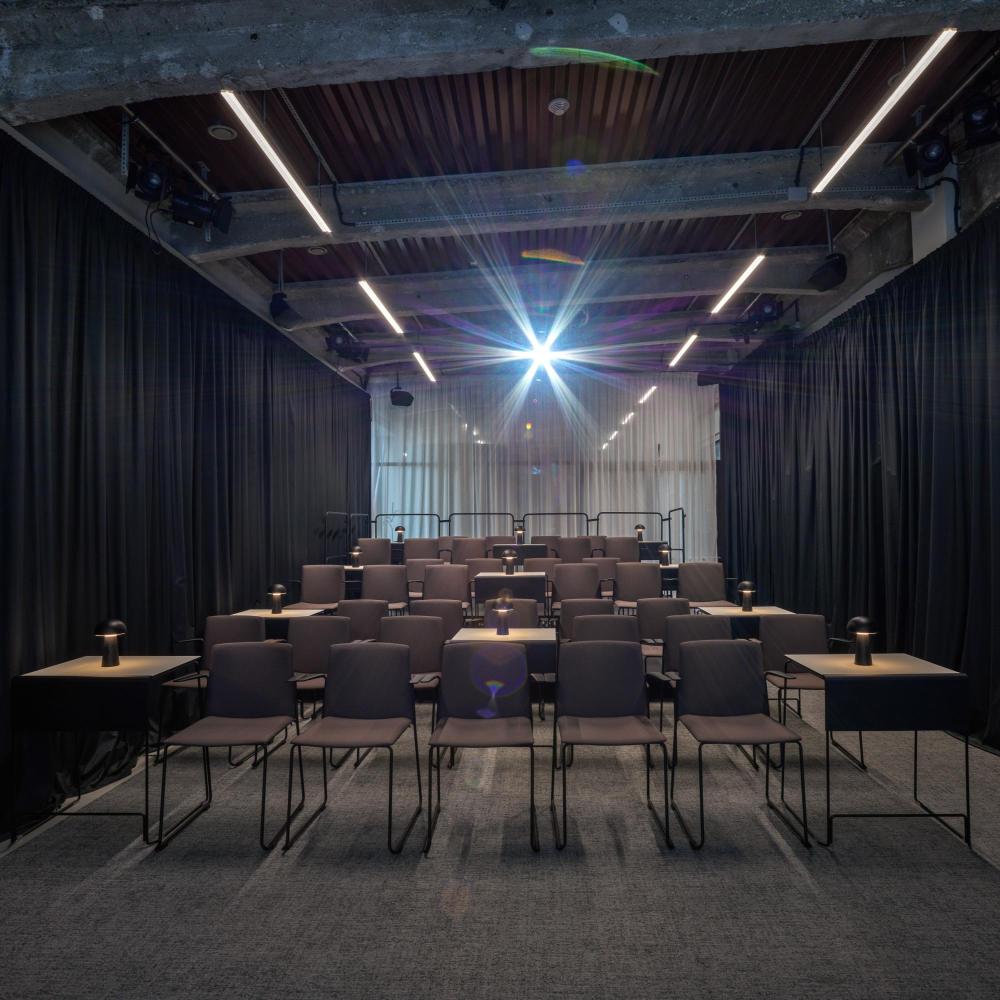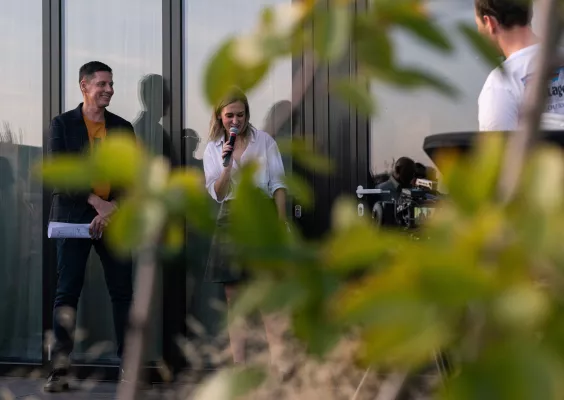
Miloš Přikryl has been collecting vases for fifteen years. His collection is based on glass vases, which are supplemented by several glass objects and porcelain vases. His collection consists largely of works by contemporary artists, but also includes pieces by František Vízner and Vladislav Urban, who can be described as pioneers of Czech glass design.
Alžběta: Let me start with the obligatory question - what led you to collecting vases?
Miloš: I'm healing a trauma (laughs).When we worked in the factory (OP Prostějov - author's note), we had a group and we celebrated about four birthdays together. All the birthday boys got something cool, like a CD, and I got a vase. A ceramic one with little flowers on it, and I was so angry. I was so sorry. I put a lot of energy and effort into preparing the party and they gave me a vase. I was so embarrassed that I got a girl thing. But my mom still has it somewhere. After about 15 years, I started buying vases for fun.
Alžběta: Have you ever had that aha moment when you realized you already owned a collection of vases?
Miloš: It didn't occur to me at all, it came out on its own. I don't even know how the institution of a collection is set up. But when you open the cupboards at home and there are vases everywhere, it becomes suspicious. I bought them first for fun and to add to the décor. Subsequently, I wanted to make my collection more varied so I could rotate them at home and enjoy them.
Alžběta: And when you became suspicious of the collection forming in your closets, did you start to think about how to channel it? Should it include, say, different representations of techniques or artists?
Miloš: I never really addressed the technology of production. Many times I wanted to go to a glass factory to really see the production processes, but I haven't managed to do that yet. I stick to doing it to bring me joy. I guess it's also a shame that I don't go that in depth, but I try for variety. Then you make connections with authors and I always think about not buying the same names over and over again.
Alžběta: Do you collect only glass vases and objects on purpose?
Miloš: I once had a debate with artists about whether glass art is art. But the hitch with glass is that it's too beautiful and doesn't portray the disturbing, negative or provocative phenomena that art in general does. Glass accompanies human civilization all the time and is simply beautiful. And I gravitate towards it too. So it's had its evolution. At first, I only liked crystal objects - I admired the way light refracted through glass and created rainbows. And gradually I found my way to stained glass.
Alžběta: But you also have vases by Daniel Pirsche in your collection...
Miloš: Yes, I have Pirsche, and it's porcelain. I also now have a new three-volume set of Automating to a Better Tomorrow by hightemp studios. The vases by Zuzana Svatík are also porcelain. She depicts quite provocative things on her vases. Some may find it vulgar, tasteless or even offensive. I was looking for feminism behind it. But I've heard the opinion that she's just making fun of it. She's working with ancient shapes, which she decorates with provocative drawings. I always wonder how people will read and interpret it in, say, 100 years. What I feel most strongly about her is that her work can be classified as art rather than design.
Alžběta: In addition, Zuzana Svatík in particular only creates vases in one piece at a time...
Miloš: Yes, no vase is repeated. That makes it all the more appealing to art.
Alžběta: And do you have any custom-made vases?
Miloš: I have one freshly made by Dominika Petrtýlova. Vandal Vase, it's a series of one shape that is cast in a mould, but the painting is original on each piece. When she was casting the last piece, we got together and agreed on a theme - it reflects my admiration for Andy Warhol or Mark Ther's May exhibition at the Telegraph last year. This is the latest addition to my collection.
Alžběta: What other pieces would you highlight?
Miloš: Two pieces by Vlastimil Šenkýř are so monumental, of course. They have a sort of sand deposits on the glass core. These are mainly exhibition pieces for me. They are too big and heavy to use for flowers. In general, vases by contemporary artists are more like pieces of art than they are practical to use.
Alžběta: That's a bit of a paradox of today's approach to design, and not just when it comes to glass design. I remember when Maxim Velchevsky and Jakub Berdych were trying to educate people about design, and they were debating over and over whether form follows function or vice versa.
Miloš: In terms of functionality and practicality, I find the vases from the sixties, seventies unrivalled. I use them all the time. They have a human dimension and you can arrange flowers beautifully in them, which is the primary function.
Alžběta: You have pieces from this period in your collection, mainly by Rudolf Jurnikel, Vladislav Urban, František Vízner... That was pressed glass compared to today. Today it is cast in moulds, the patterns are cut or the blowing technique is used. Have you ever wondered about this technological shift?
Miloš: I see a parallel with the production in OP Prostějov, where I used to work. That production was definitely planned and it was mass production. Because the sales were then guaranteed, for example in Russia. I can't say whether vases were expensive or available in Czechoslovakia. But it had to be an attractive design that would be successful with the general public and practical. Which is actually the biggest challenge in this discipline to this day. Proof that it is a quality design is the fact that today pieces by Vízner or Urban are hard to find and, if they are, they are quite expensive.
The exhibition of a selection of vases from Miloš Přikryl's collection runs at the Lofts from 29 September to 4 October.
By Alžběta Smejkalová
